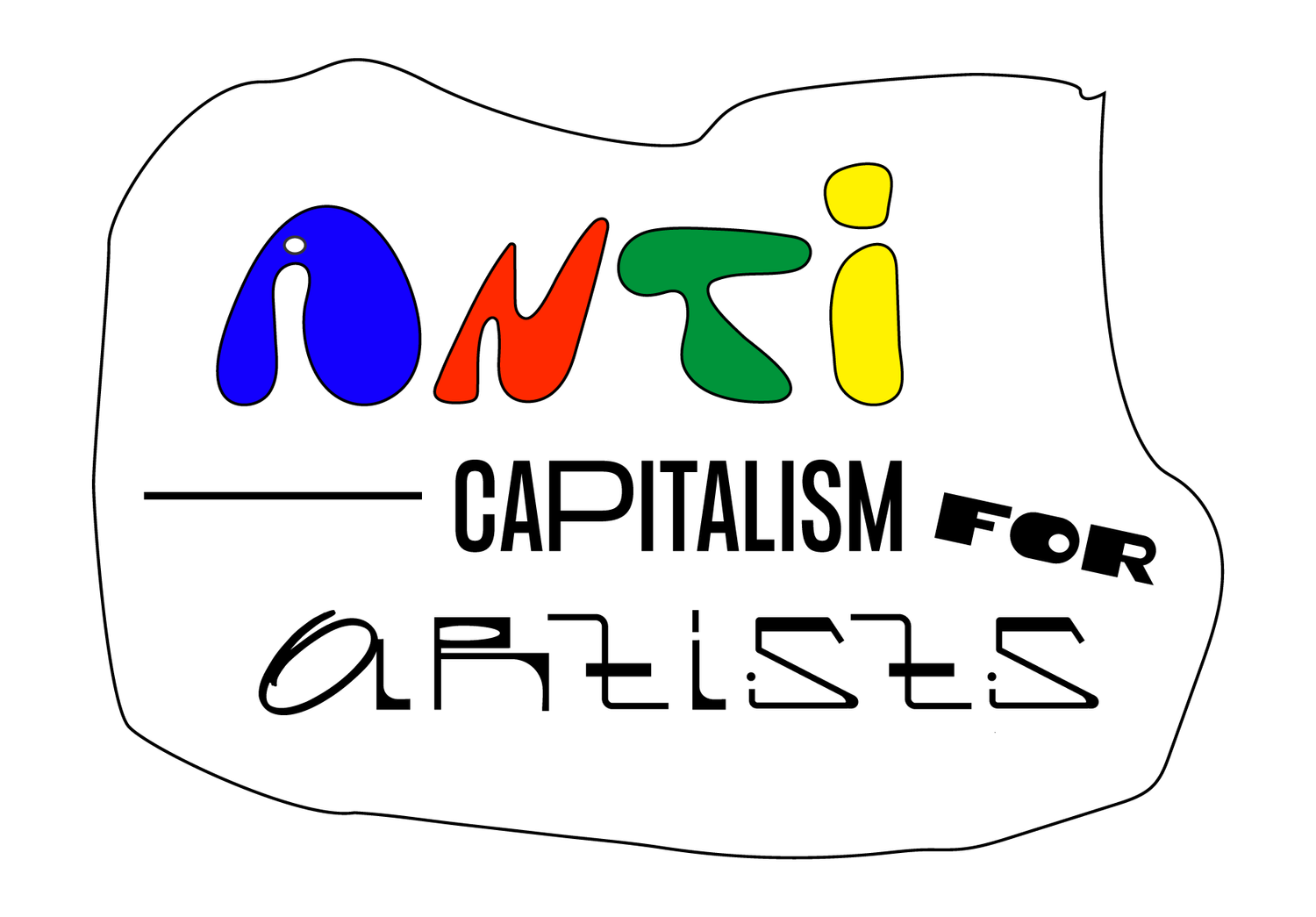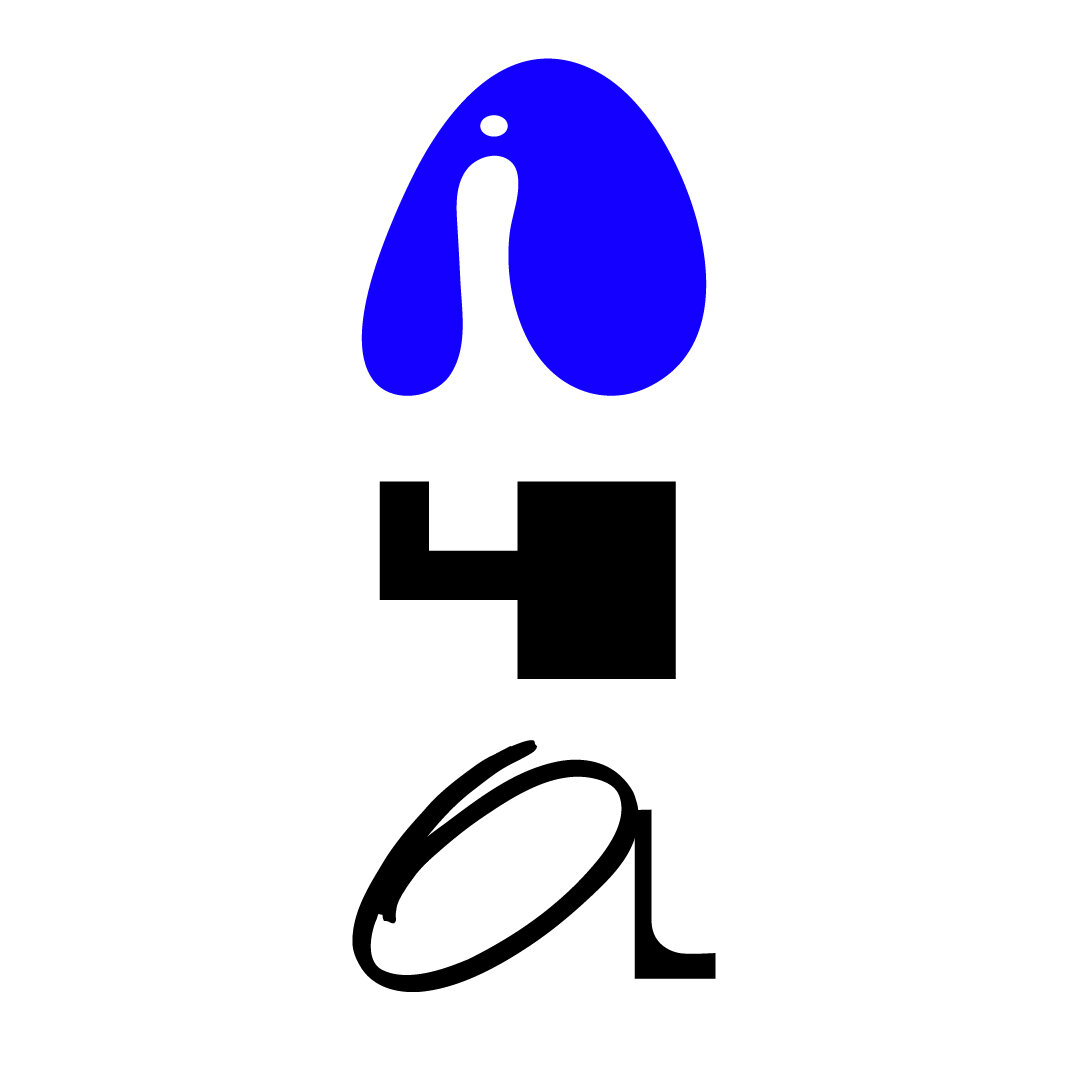COHORT SELECTION PRINCIPLES:
A4A cohorts are open to all self-identified artists who agree to our community agreements and commit to good faith critique of oppressive systems. However, in the event we have more demand than capacity, while individual facilitators have their own subjective minutia, all cohorts are selected based on the below guiding principles:
Active balancing: We believe in assembling cohorts from constituencies of identities and backgrounds, but alway prioritize the oppressed. We will also make sure there is never a single marginalized person in a given cohort.
BIPOC: As we are a BIPOC-led org informed by a racial justice praxis, we will always prioritize BIPOC folks. In cases where it is feasible, we will also offer BIPOC-only cohorts.
Ability: Disability is never disqualifying. We ask if applicants are comfortable disclosing their disability status to attempt to meet access needs and to prioritize them. We will always be transparent about our current resources and capacity to meet those access needs. Our disability justice principles are currently being formulated and welcome any feedback on them.
Gender & Sexuality: We are also a queer-led community and prioritize applications from T/GNC/2S+ backgrounds.
Class: We ask applicants to reflect on their class position in an attempt to prioritize working class artists.
Previous application: We try to prioritize people who have applied more than once and not been selected. However, since we prioritize the above categories more, this means that folks who are class privileged/non-POC/non-disabled/etc, may have to apply more than once for high-demand offerings.
Art discipline: We do not police artists according to success, status, ability, etc, but we ask their discipline so that we can achieve a rough balancing unless the offering has a specific focus.
Location: Location is non-disqualifying, but in an ideal world, we gather local clusters of applicants in similar regions within cohorts to make post-event networking easier.
Previous knowledge: For many events, we prioritize people new to anticapitalist study, but genuinely welcome the presence of more knowledgeable folks, and will communicate to make sure they are appropriately engaged.
Background information & references: We ask for information like social media and websites to help get a sense of the applicant. The more information we have the better. Even application questions such as “What is your art?” can be filled in with your larger intentions to use art in the service of culture, or to self-express. We also take note of alumni references and personal connections to facilitators.
These selection principles are under constant consideration and welcome your feedback.

